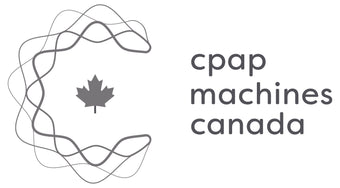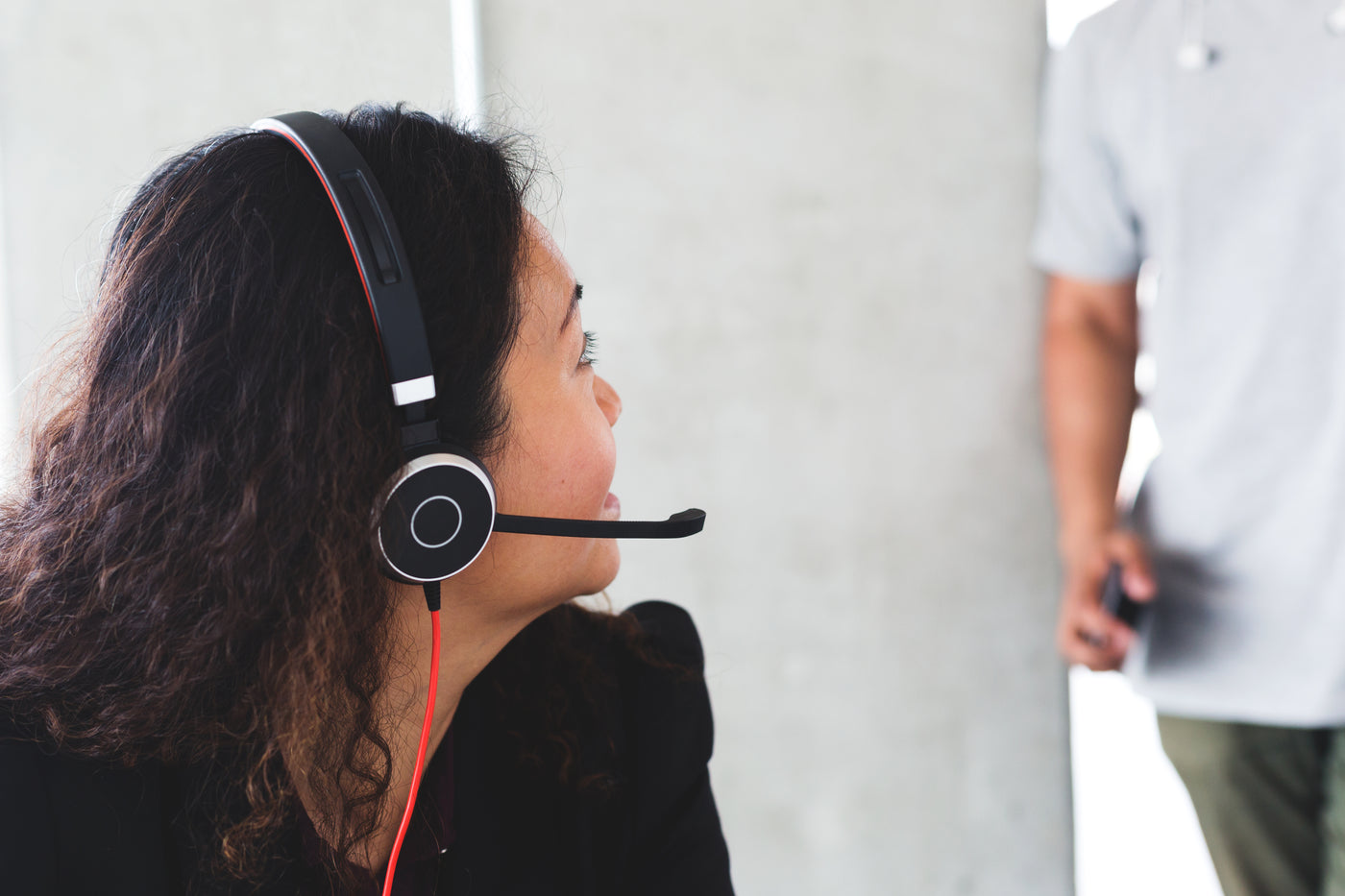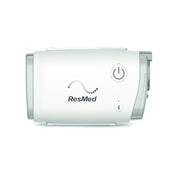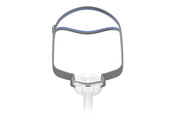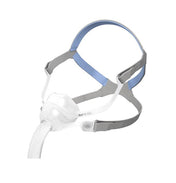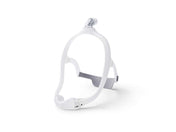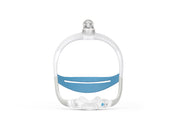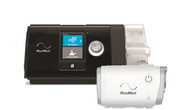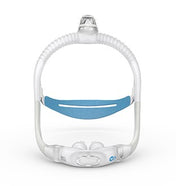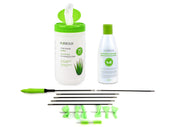Don't sleep well? You're not alone.
Sleep issues are pervasive in today's day and age. An astonishing 50% of Canadians report overall poor quality of sleep. And a 2011 research study from Laval University showed 40% of Canadians suffer from some form of sleep disorder. The four most common sleep disorders in Canada are:
- Obstructive Sleep Apnea affects an estimated 1 in 5 Canadian adults
- Insomnia affects an estimated 1 in 7 Canadian adults
- Restless Leg Syndrome affects an estimated 3-6% of Canadians
- Parasomnias (sleep walking) affects 15% of children, and 3-5% of adults
How do I know if I have Sleep Apnea?
You should speak to your doctor if you think you may suffer from a sleep disorder. Common symptoms of sleep disorders include:
- Snoring
- Daytime sleepiness
- Waking up with headaches
- Trouble concentrating during the day
- Loss of sex drive
- Nap frequently
- Difficulty remembering things
Take our sleep quiz to better understand your risk of a sleep disorder.
Learn about tests for detecting Sleep Disorders
Portable Home Sleep Testing. Your family doctor may provide you with a prescription for an at-home sleep study to diagnose sleep apnea. These tests usually involve oximetry, measurement of airflow and measurement of breathing patterns. These tests are excellent at determining if you have Obstructive Sleep Apnea and can be worn in the comfort of your own bed. Portable testing options are available here, and all include an interpretation and consultation with one of our Registered Respiratory Therapists following your results.
Nocturnal polysomnography. During this test, you're hooked up to equipment that monitors your heart, lung and brain activity, breathing patterns, arm and leg movements, and blood oxygen levels while you sleep. This can help your doctor rule out other conditions — such as periodic limb movements or narcolepsy — that can also cause excessive daytime sleepiness, but require different treatment. These tests must be done in an overnight sleep lab facility.
Oximetry. This screening method involves using a small machine that monitors and records your blood oxygen level while you're asleep. A simple sleeve fits painlessly over one of your fingers to collect the information overnight in a sleep lab. If you have sleep apnea, the results of this test will often show drops in your blood oxygen level during apneas and subsequent rises with awakenings.
